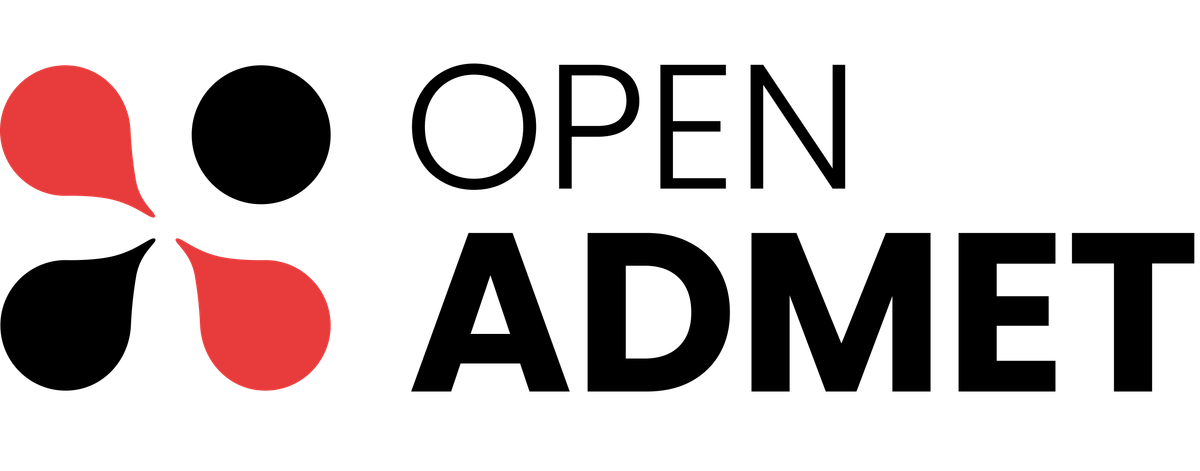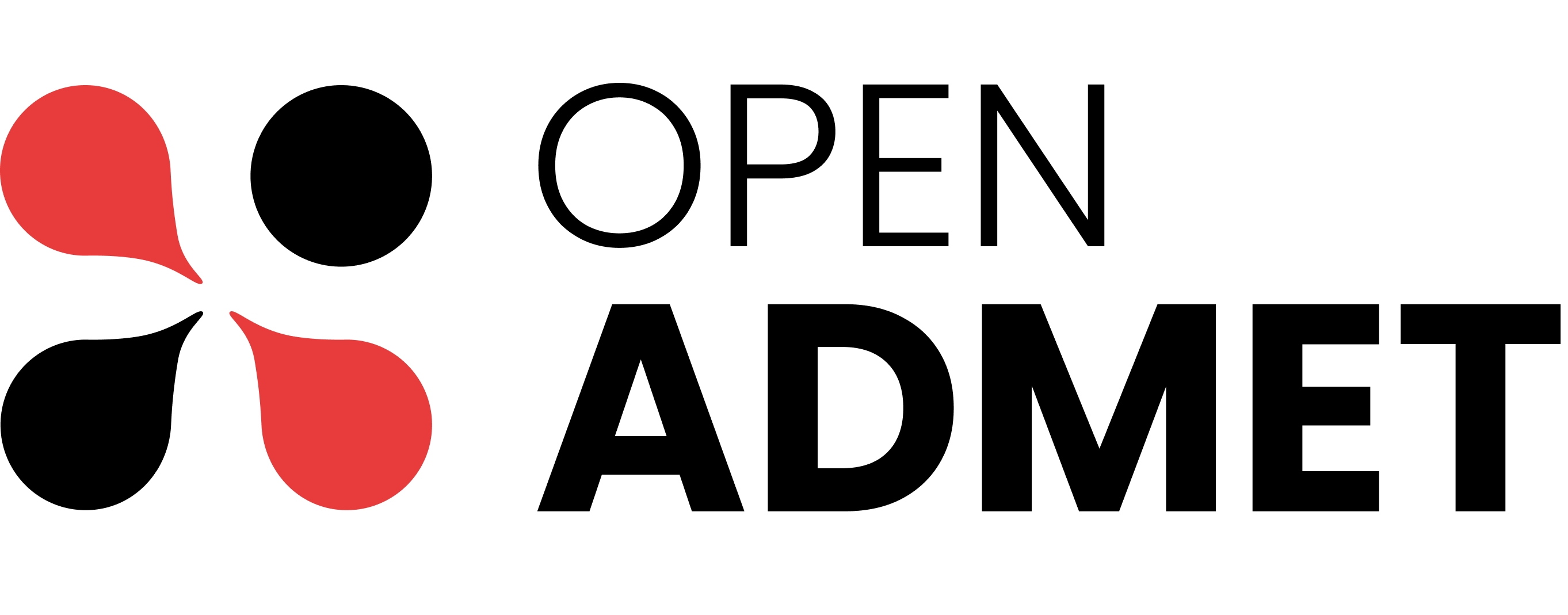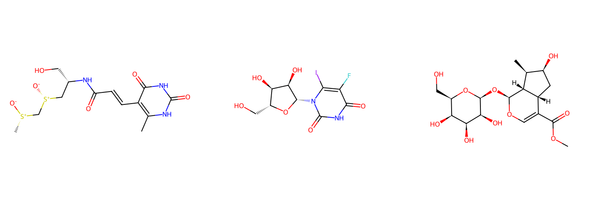Announcement 1: ExpansionRx-OpenADMET Blind Challenge

Small molecules continue to be the bricks and mortar of drug discovery globally, accounting for ~75% of FDA approvals over the last decade. Oral bioavailability, easily tunable properties, modulation of a wide range of mechanisms, and ease of manufacturing make small molecules highly attractive as therapeutic agents. Moreover, emerging small molecule modalities such as degraders, expression modulators, molecular glues, and antibody-drug conjugates (to name a few) have vastly expanded what we thought small molecules were capable of.
However, these strengths also give rise to the biggest weakness of small molecules. The idiosyncratic and difficult to predict distribution and lifetime of small molecules within the body along with their propensity to interact with off-targets to cause safety issues and toxicities often cause major challenges in development. Collectively, these ADMET (Absorption, Distribution, Metabolism, Excretion and Toxicity) properties can make or break preclinical and clinical development of small molecules.
OpenADMET aims to address these challenges through an open science effort to build predictive models of ADMET properties by characterizing the proteins and mechanisms that give rise to these properties through integrated structural biology, high throughput experimentation and integrative computational models. Read more about our strategy to improve outcomes in drug discovery on our website here. Critical to OpenADMET’s mission is developing open datasets and running community blind challenges to assess the current state of the art in ADMET modeling. Blind challenges offer a rigorous and unbiased way to evaluate modeling strategies and can set the ground for large leaps forward (e.g., CASP and AlphaFold). Building on the success of the recent ASAP-Polaris-OpenADMET blind challenge in computational methods for drug discovery, we are very excited to announce the ExpansionRx-OpenADMET blind challenge in partnership with Expansion Therapeutics.
Expansion Therapeutics recently prosecuted a series of drug discovery campaigns for RNA mediated diseases including for Myotonic Dystrophy (DM1), Amyotrophic Lateral Sclerosis (ALS) and Dementia. While optimising candidate molecules for their preclinical programs Expansion collected a variety of ADMET data for off-targets and properties of interest in the traditional game of “whack-a-mole” familiar to all drug hunters. Now, they’ve made the bold and generous decision to open-source their high-quality ADMET dataset for public use and benefit. In their words:
"We have decided to release all of our ADME datasets from our programs to the public, and we’re asking the scientific community to put them to work. We do this because we believe open science is the fastest and most reliable path to new and better computational tools that will help patients. To translate this principle into progress, we are collaborating with OpenADMET to launch a blind challenge.
Scientific progress is built layer by layer, with each discovery resting on the work that came before. As Newton put it, “If I have seen further, it is only because I was standing on the shoulders of giants.” We hope this dataset and challenge can be part of that shared foundation, a resource grounded in the messy reality of drug discovery, and a step toward a future where ADME can be reliably predicted without the need to iteratively synthesize and test individual molecules.
Although these particular molecules did not become medicines, the data they generated still holds value. If sharing it helps one team build better predictive models, avoid a toxic compound, shorten a development timeline, or design a safer trial, then the patients we set out to help will have benefited. Let this also be a call to others with similar troves of knowledge: publish what you can, and give the community better problems to solve. Together, we can make drug discovery more predictable, leading to better medicines, faster, to help the patients who need this most.” - ExpansionRx team
The partnership with OpenADMET enables this highly valuable data to go to a good cause and benefit the scientific community at large, rather than languishing unused in a data vault. In this vein, we are actively seeking partners who have real world drug discovery datasets they would like to see used in a blind challenge. We have also partnered with HuggingFace through their AI4Science program to deliver the challenge using their infrastructure, enabling global participation and easy re-use of challenge infrastructure. Contact us at openadmet@omsf.io for more information.
As part of our long-term vision, OpenADMET aims to make blind challenges a routine and recurring part of the modeling ecosystem. By increasing the frequency and diversity of these challenges, we hope to create a sustained benchmark for progress, foster ongoing collaboration between academia and industry, and accelerate the pace of innovation in predictive modeling. Stay tuned for announcements on future challenges, including those run using data collected by OpenADMET directly.
The Challenge
Starting October 27th, participants will be tasked with solving real-world ADMET prediction problems ExpansionRx faced during lead optimization. Specifically, you will be asked to predict the ADMET properties of late-stage molecules based on earlier-stage data from the same campaigns. There will be a total of ten (10) endpoints that participants will be asked to predict.
More information about this challenge and the ADMET dataset will be coming soon. Stay tuned for more details! We will be posting new updates here on our blog.
In the meantime, also join the discussion on the Discord channel.
The Timeline
The challenge will begin on October 27th. We will host Q&A sessions from October to January. Submissions will close on January 23rd. Winners will be announced on January 30th.
Acknowledgements
We gratefully acknowledge Jon Ainsley, Andrew Good, Elyse Bourque, Lakshminarayana Vogeti, Renato Skerlj, Tiansheng Wang, and Mark Ledeboer for generously providing the Expansion Therapeutics dataset used in this challenge as an in-kind contribution.


